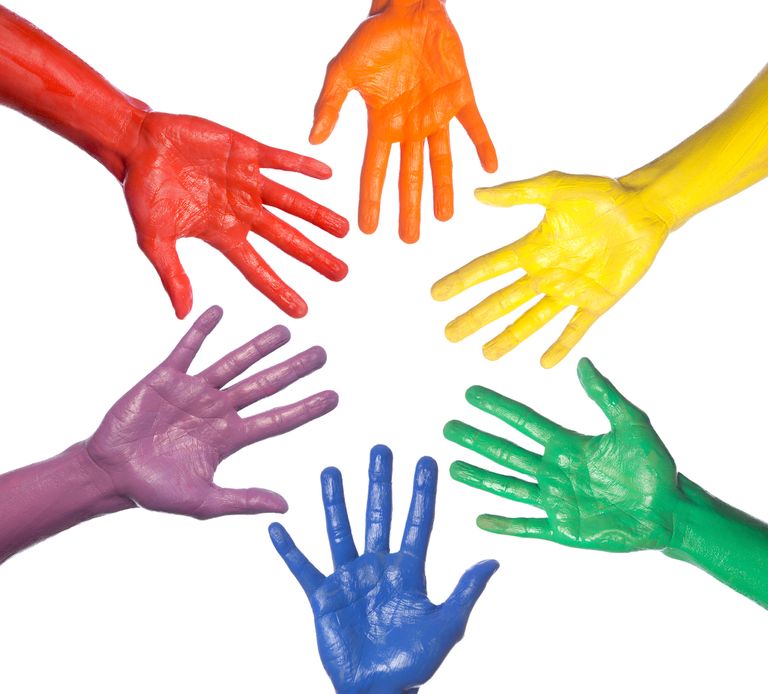
The Queer Judgments Project (QJP)
The Queer Judgments Project is an initiative that evolved from disparate conversations between the current co-editors about how legal judgments related to sexual orientation, gender identity and expression and sex characteristics (SOGIESC) could have been written in more appropriate terms in light of the legal framework at the time. We wanted to cultivate a project that brought together friends, colleagues, and activists who were interested in improving and challenging the law and its application to make life better for lesbian, gay, bisexual, transgender, intersex, queer and other (LGBTIQ+) people and communities.
The main aim of the project is to re-imagine, re-write, re-invent, from queer and other complementing perspectives, judgments that have considered SOGIESC issues.
The project has an international reach and multi-disciplinary scope. Thus, individual contributors are free to choose which judgment they want to focus on, featuring voices from across the globe. Similarly, the audience is to include people outside of academia, marginalised people and young people.
Dr Senthorun Raj introduces The Queer Judgments Project
Research questions
In July 2021, we held two scoping workshops to bring together queer scholars and activists to reflect on jurisprudential challenges related to SOGIESC matters. In framing this conversation, we were not tied to specific SOGIESC-related rights issues or sub disciplines of law or styles of jurisprudence. We wanted to create an open space which gave people the opportunity to identify some of the pressing legal, scholarly, and activist concerns relating to SOGIESC-related rights and to work out what a "queer judgments project" might offer to our collective work to improve SOGIESC-related rights globally.
To that end, we asked those interested in the conversation to reflect on the following questions:
1. How might queer judgments be relevant to your work (as a lawyer, scholar, activist, etc)?
2. What jurisdictional and jurisprudential scope should the project have?
3. What theoretical perspectives should inform such a project?
4. What form should “queer judgments” take?
5. What (scholarly, political, artistic) outputs could we develop together?
6. How might we resource this work?
Methods
Each of the contributors will be free to decide and choose a variety of methods.
It is possible to have more traditional and radical forms of outputs side by side.
We not only welcome traditional academic outputs such as journal articles and book chapters, but also autoethnographic analyses; theatrical and other creative works; interviews; conversations between lawyers, activists and academics; focus groups, etc.
Methodological questions that will be addressed include but are not limited to:
- How deep does our knowledge of the judgment have to be?
- How can evidence be queered to become accessible?
- How can we queer the files judges have access to?
Perspectives
Overall, the project takes a queer perspective whilst also highlighting colonial power structures embedded in the legal system.
Questions to be addressed include, but are not limited to:
- What kind of queer subjects does the law imagine?
- Are we seeking legality?
- What are the consequences of being stigmatised?
- In what ways does the law think about the queer subject and how queer subjects position themselves in relation to the law?
Related projects
The Queer Judgments Project takes inspiration from past initiatives looking to re-write legal decisions for a fairer future.
- Feminist Judgments projects in the UK, Ireland, Australia, the USA (here and here and here and here) and Brazil (English translation here)
- Feminist Judgments: Reimagining the International Criminal Court
- Children’s Rights judgments project
- Earth Law judgments project
- Re-writing Judgments of the ECHR book
- The book project Intersectional Rewrites: European Court of Human Rights Judgments Reimagined
- Alex Sharpe’s important article "Queering Judgment"
- Other critical judgments projects listed in this website

